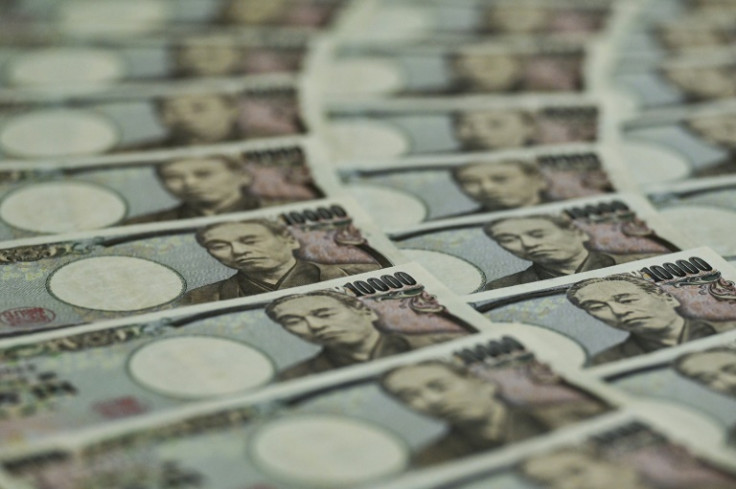Ethical Banking: A new era of fair, conscious finance
Ethical banking, at its core, considers environmental, social, and governance factors in financial decisions and supports projects that positively impact those factors.

Traditional banking is facing severe public scrutiny. Rising interest rates, inflation, and events like the Silicon Valley Bank collapse are exposing the weaknesses of banking as it exists today, and the public is starting to question the ethics of these ageing financial systems.
Digital banking is now the norm, most people use mobile apps to manage their money, and consumers everywhere are starting to think about the sustainability and efficacy of traditional banking practices. According to an analysis by S&P Global Ratings, despite a forecasted economic slowdown, global Islamic finance assets are set to grow significantly between 2023 and 2024.
This is where we can correlate faith-based ethics codes and financial systems. Blockchain technology, the latest disruptor in the financial sector, is rapidly adopting transparency and ethics-based approaches, highlighting how these systems could improve.
The financial industry is in one of the most challenging periods of the 21st century, but one thing is clear: the future of banking is not just digital – it's ethical. But does it mean to bank ethically? Why is it drawing so much attention from devout Muslims and non-Muslims alike?
A Beacon of Sustainable Finance
Ethical banking, at its core, considers environmental, social, and governance factors in financial decisions and supports projects that positively impact those factors. They also operate with a level of transparency often absent in traditional banking. They meticulously screen clients and investments to ensure they align with sustainability principles while offering all the usual banking services. Eco-friendly initiatives and social welfare are paramount.
One example can be found in Aspiration Financial – a certified Benefit Corporation and a 1% For the Planet member. This bank focuses on its environmental impact and pledges never to use customer money for environmentally harmful projects like oil pipelines or coal mining. They even offer customers the option to round up purchases and donate the extra amounts to reforestation initiatives.
Similarly, Sunrise Banks, dubbed "The World's Most Socially Responsible Bank", has made significant strides in promoting financial literacy programs for low to moderate-income students. They offer an alternative mortgage program designed for borrowers who don't traditionally qualify for a mortgage, showcasing their commitment to financial inclusivity.
Consumers in 2023 value ethical banking products, not just for their financial benefits but for the sense of security and moral responsibility they provide. It's clear that the demand for ethical banking is not just a passing trend but a fundamental shift in the way we think about finance.
Across Cultures: A Look at Islamic Finance
Ethical banking is not a one-size-fits-all concept: it varies across regions and societies, reflecting local values and cultural norms. In Scandinavian countries, ethical banks often prioritise investments in renewable energy and sustainable agriculture, reflecting the region's strong environmental consciousness. In contrast, ethical banks in developing countries might focus more on financial inclusion, addressing the pressing need to uplift underprivileged communities.
Islamic finance represents one of the most compelling examples of ethical banking principles that are deeply intertwined with cultural and religious values. This system, rooted in the rich traditions of Islamic culture, avoids interest-based transactions, a practice known as 'riba,' which is prohibited in the religion.
Instead, it promotes profit-sharing arrangements and asset-based transactions, fostering a sense of shared risk and reward. Investments in Islamic finance are focused on socially responsible sectors, while eschewing industries considered harmful or unethical, such as alcohol or gambling.
A prime example of this approach is Yoosr – a financial app that caters to those seeking a Shariah-compliant financial approach. Yoosr makes all its banking products 'ibadah', which means they adhere to religious norms and rules of fairness in financial transactions and remind users of money's role according to Shariah.
Financial products and solutions like this can help millions of Muslims worldwide navigate the interconnected realms of digital business while staying aligned with their faith. This facilitates seamless access to the modern financial landscape while powering consciousness and fairness.
An Ethics-First Future?
The rise of ethical banking and its various forms, such as Islamic finance, has highlighted that finance can be a force for good, sustainability, inclusivity and economic justice. At the same time, the constant instability and concerns of traditional banking mean that current-gen financial organisations can learn from these practices – expanding their operations to create a financial landscape that not only serves modern economic needs but also aligns with contemporary values.
The new banking era isn't just about transactions and profits; it's about creating a financial ecosystem that supports the well-being of our planet and its inhabitants.

Arslan Ibrahim is an expert in product development who has worked across fintech, adtech, marketing tech, logistics tech, and crypto. Having entered the fintech space in 2018, he has over five years of experience as a Product Lead and CPO for fintech projects. Now Arslan acts as the Chief Product Officer for the Brighty App, and the CEO & Co-Founder of Yoosr. Arslan's firsthand experience with Islamic banking products across different countries drove him to realise the need for a genuinely Shariah-compliant financial solution that brings peace of mind to Muslims. You can find out more about Arslan on his LinkedIn.
© Copyright IBTimes 2025. All rights reserved.





















